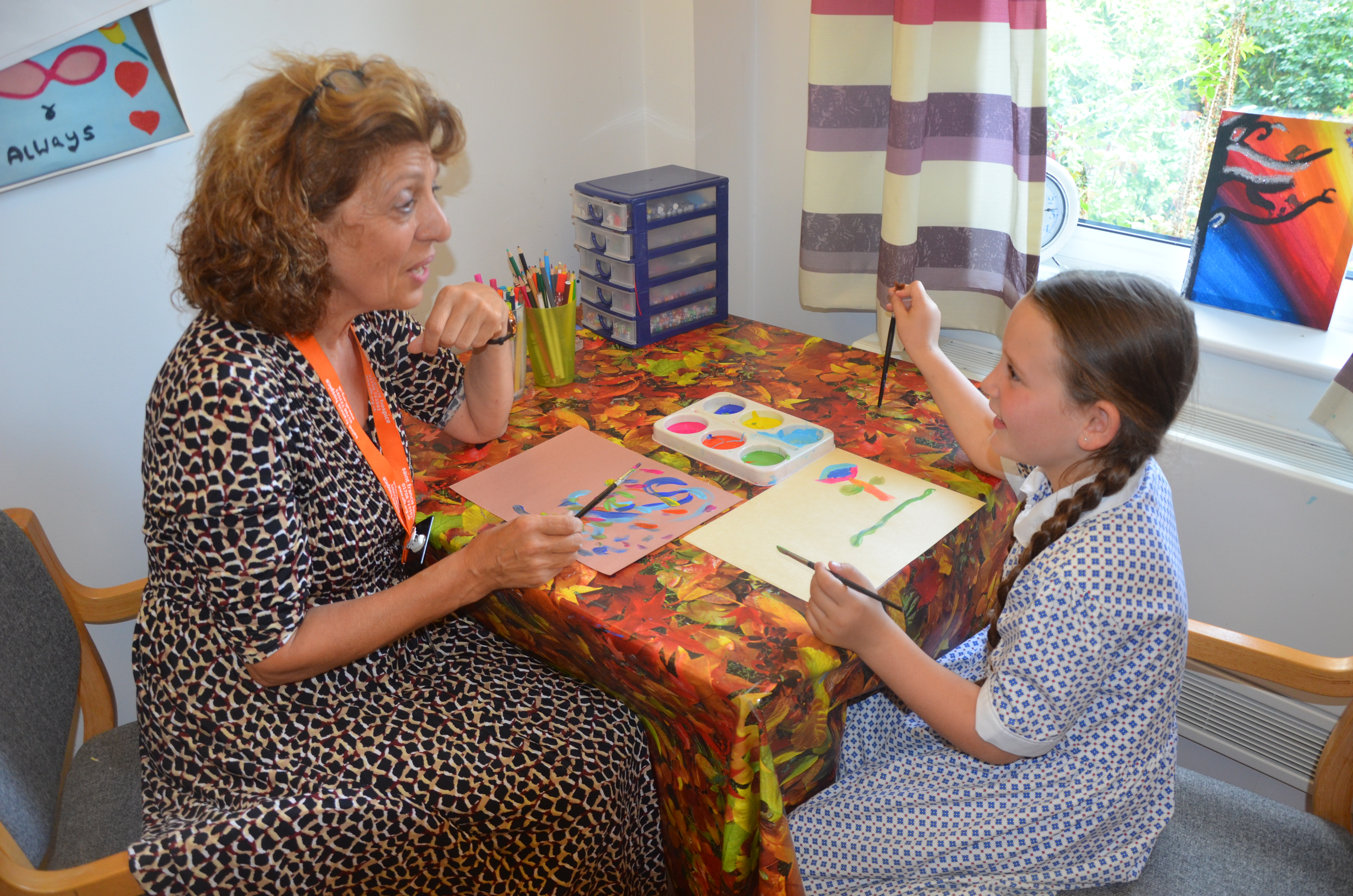Therapy is the act of receiving professional assistance with physical, mental or emotional problems.
Counselling is a talking therapy that involves a trained therapist listening to you and helping you find ways to deal with emotional issues.
Sometimes the term “counselling” is used to refer to talking therapies in general, but counselling is also a type of therapy in its own right.
Provided by any of a variety of trained professionals — psychiatrists, psychologists, social workers, or licensed counsellors — it involves examining and gaining insight into life choices and difficulties faced by individuals, couples, or families.
Should I go to therapy?
Most people, regardless of their specific challenges, can benefit from having an impartial observer listen and offer guidance. Because of therapy’s cost and time investment, however — as well as lingering stigma surrounding mental health — the decision to begin therapy isn’t always an easy one.
To determine whether therapy is the right choice for a particular individual, they should consider whether they feel sad, anxious, overwhelmed, or irritable more often than not; if yes, therapy would likely offer emotional support and help them develop the tools to manage their mental health.
Strong negative emotions aren’t the only reason someone should seek therapy. If they are struggling with relationship challenges, feel stuck in their career, find themselves turning to drugs, alcohol, or food to cope with unpleasant events, or feel disconnected from the people around them, they may find therapy to be immensely helpful.
What are the advantages?
Going to therapy is more than sitting down with someone who listens to you talk. The most common type of therapy is psychotherapy, which is based on personal interaction with a person to change behavior and overcome problems in desired ways.
There are many pros to having a therapist work through your situation with you. For one, most therapists can possibly diagnosis your situation and help find the root of your problem.
This will help you understand why you feel the way you do. Another thing a therapist offers is coping mechanisms to manage your problems when they begin to weigh heavy on your shoulders. Therapy also gives you someone to talk to, which can be hard due to the fact that some people get anxiety and don’t feel comfortable talking about their shame with friends or family.

How do I find a therapist?
Not every single therapist is the best person to help every individual seeking treatment. Though it can be frustrating for patients and professionals alike, finding the right therapist is usually a process of trial and error.
Many people welcome the opportunity to speak directly with a licensed therapist online. If you feel that searching for the best therapist is something that is difficult to do in-person, receiving online counselling from professionals such as BetterHelp may be beneficial for you.
You can get started today and get all the questions you need answered from an online therapy website or through a therapist online and all you need is a smartphone or computer.
This benefits a lot of people who find the actual act of visiting a real therapist to be stressful in itself.
When does therapy end?
Therapy typically ends when the client feels they have achieved their goals or when they feel they are no longer making progress; in some cases, logistical issues, such as changing insurance coverage, necessitate the end of therapy.
Alternatively, it is possible for a therapist to determine that they are not the best practitioner to aid a particular client. When this occurs, the therapist will typically refer the client to another provider, where they can continue work if they so choose.































